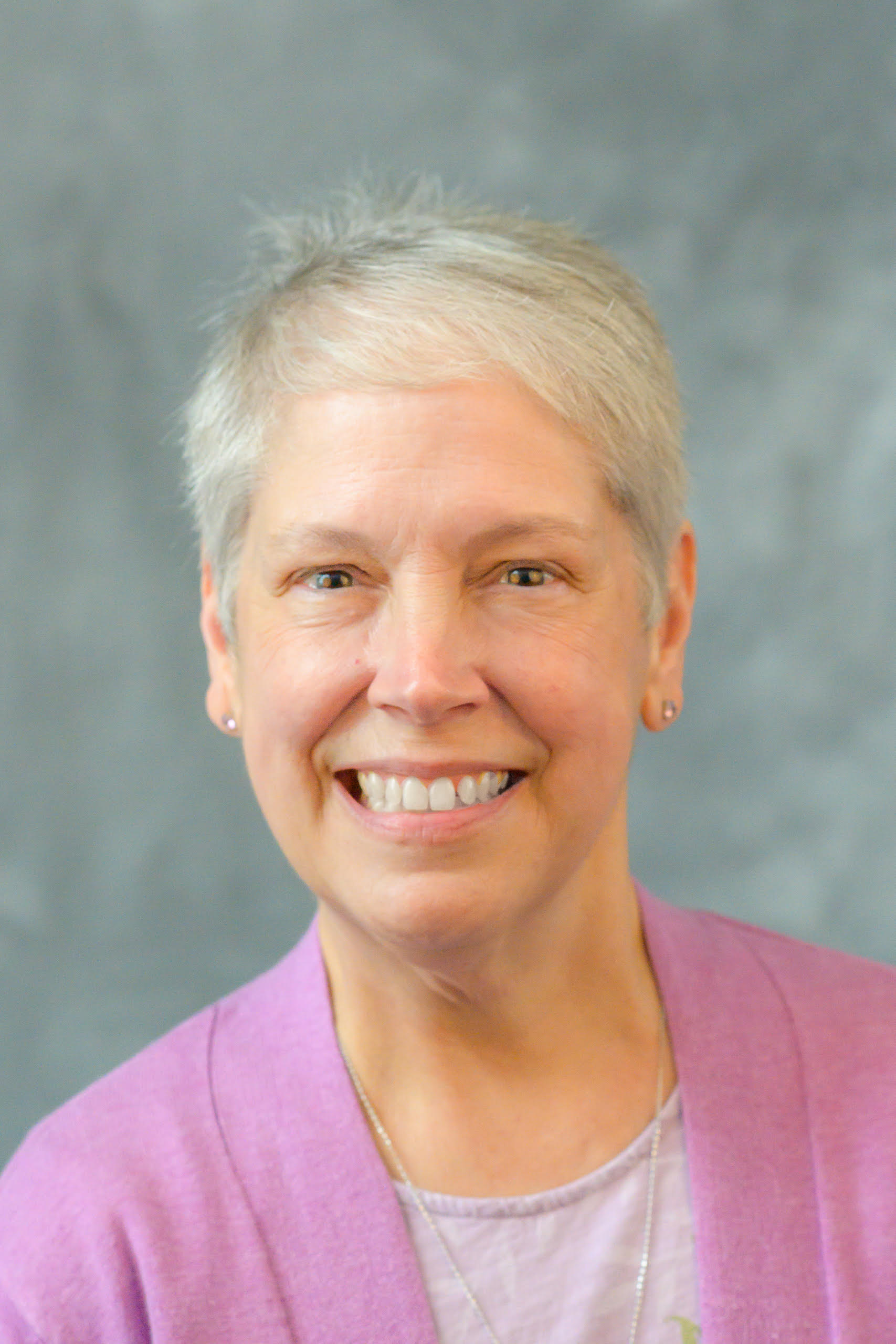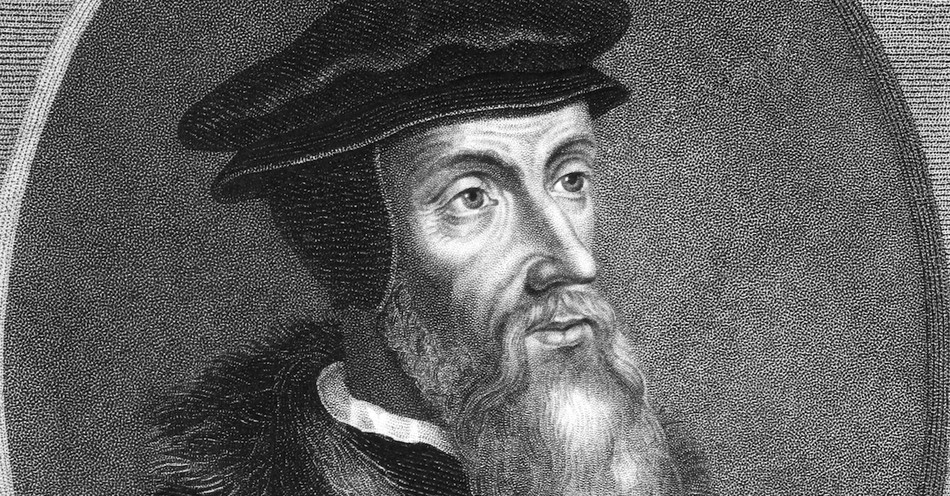Who was John Calvin? Why are his name and religious contributions so frequently discussed? John Calvin holds a special place in history. A French theologian, pastor, and reformer, he played an important role in the Protestant Reformation. He has been called the Father of the Reformed Faith, or “the theologian of theologians.”
10 Important Events in the Life of John Calvin
1. John Calvin (or Jean Cauvin in the original French) was born at Noyon in Picardy, a province of the Kingdom of France. He was the second of three sons (Charles, Jean, and Antoine). His mother was Jeanne le France; his father was Gerard Cauvin. Gerard worked as a cathedral notary and registrar to the ecclesiastical court. During Calvin’s childhood, his mother died from an unknown cause
2. By age 12, Calvin was employed by the bishop as a clerk. During this period, he received the tonsure, which meant cutting his hair to show his dedication to the Church.
3. Sometime in 1525-1526, Calvin’s father withdrew him from philosophy studies at the Collège de Montaigu and sent him to study law at the University of Orléans. Earlier, Gerard had wanted his three sons to enter the priesthood but decided his son would earn more money as a lawyer than a priest.
4. In 1532, Calvin received his licentiate in law and published his first book.
5. Around 1533, Calvin had a religious conversion. He described this conversion as brought on by God in his book Commentary on the Book of Psalms. Some scholars suggest his conversion corresponded with breaking away from the Roman Catholic Church.
6. In 1536, Calvin published the first edition of Institutes of the Christian Religion, a defense of his faith. He redrafted the piece numerous times during his life.
7. In late 1536, Calvin and William Farel wrote articles on reorganizing the church in Geneva. These articles included methods and frequency of celebrating the Eucharist. After some time, only a few people had agreed to Calvin and Farel’s confession of faith. A riot began after Calvin and Farel refused to administer communion during Easter service using unleavened bread. The next day, Calvin and Farel were told to leave Geneva.
8. In August 1540, he married Idelette de Bure, a widow with two children. Various peers had recommended Calvin to marry, and he’d been introduced to several women before. However, he was reluctant, once writing, “If I take a wife, it will be because, being better freed from numerous worries, I can devote myself to the Lord.”
9. In late 1558, Calvin became ill with fever. Continuing to work, he strained his voice while preaching, which brought on violent coughing and burst a blood vessel in his lungs. His health declined.
10. John Calvin died on May 27, 1564, at 54.
10 Important Quotes by John Calvin
1. “I labored at the task especially for our Frenchmen, for I saw that many were hungering and thirsting after Christ and yet that only a few had any real knowledge of him.”
2. “We should ask God to increase our hope when it is small, awaken it when it is dormant, confirm it when it is wavering, strengthen it when it is weak, and raise it up when it is overthrown.”
3. “There is no worse screen to block out the Spirit than confidence in our own intelligence.”
4. “True wisdom consists in two things: Knowledge of God and Knowledge of Self.”
5. “The gospel is not a doctrine of the tongue, but of life. It cannot be grasped by reason and memory only, but it is fully understood when it possesses the whole soul and penetrates to the inner recesses of the heart.”
6. “A dog barks when his master is attacked. I would be a coward if I saw that God’s truth is attacked and yet would remain silent.”
7. “Our prayer must not be self-centered. It must arise not only because we feel our own need as a burden we must lay upon God, but also because we are so bound up in love for our fellow men that we feel their need as acutely as our own. To make intercession for men is the most powerful and practical way in which we can express our love for them.”
8. “There is no knowing that does not begin with knowing God.”
9. “The whole world is a theatre for the display of divine goodness, wisdom, justice, and power, but the Church is the orchestra, as it were, the most conspicuous part of it: and the nearer the approaches are that God makes to us, the more intimate and condescending the communication of his benefits, the more attentively are we called to consider them.”
10. “However many blessings we expect from God, His infinite liberality will always exceed all our wishes and thoughts.”
10 Things You Probably Didn’t Know about John Calvin
1. John Calvin studied Greek, Hebrew, and Latin, in preparation for serious study of Scripture.
2. John Calvin never met Martin Luther, even though they communicated.
3. He believed in the sovereignty of the Scriptures and divine predestination. He believed God chooses who will enter Heaven.
4. The main principles of Calvinism are summarized in a “tulip,” an acronym for the five doctrines of Total depravity, Unconditional election, Limited atonement, the Irresistibility of grace, and the Final perseverance of the saints.
5. Calvin wrote commentaries on most books of the Bible.
6. Calvin often wrote under the pseudonym Charles d’Espeville.
7. He studied law until an unexpected religious conversion.
8. He rejected the Roman Catholic belief that Mary is a mediator between man and God.
9. John Calvin died in Geneva, Switzerland. He is buried in an unmarked grave so people would not be tempted to pay him homage. He wanted the focus to be on God, not him.
10. Some reports say Calvin only slept four hours at night and possibly missed dinner to study theology. History tells that he was bone thin and weak when he died.
What Can We Learn from John Calvin?
John Calvin was an influential person. His beliefs and opinions were deep and heartfelt. History proves that many lessons can be learned through studying and learning about people with and without strong faith.
Even as he strived to teach others through his words and actions, there were complications in his own life. His father wanted John to follow one path in life. John chose another way after his religious conversion. The death of John Calvin’s mother may have guided his choices.
According to historians, he was shy and awkward yet, bold when expressing his views on faith. Making friends was difficult at times. At the same time, Calvin’s calling did not make him boastful. He didn’t seek to be famous or rich with money. He wanted to study the Bible and not put himself first.
John Calvin is a reminder that God can call us at any time to help further His message. The decision we make can deepen our faith and relationship with God or create a barrier to that connection.
A Prayer to Focus on God
Father, thank You for people who dedicate their lives to sharing the love of Christ. Remind us that we are called to worship You and not humans. In His Name, Amen.
Blessings,
Melissa Henderson
Further Reading:
The Odd Romance of John and Idelette Calvin
Who Is Elect? Arminius Differed from Calvin
What are the Five Points of Calvinism?
Photo Credit: ©GettyImages/GeorgiosArt

Melissa is the author of Licky the Lizard and Grumpy the Gator. Her passions are helping in the community and church. Melissa is an Elder, Deacon, and Stephen Minister.
Follow Melissa on Facebook, Twitter, Pinterest, and at https://www.melissaghenderson.
This article is part of our People of Christianity catalog that features the stories, meaning, and significance of well-known people from the Bible and history. Here are some of the most popular articles for knowing important figures in Christianity:
How Did the Apostle Paul Die?
Who are the Nicolaitans in Revelation?
Who Was Deborah in the Bible?
Who Was Moses in the Bible?
King Solomon's Story in the Bible
Who Was Lot's Wife in the Bible?
Who Was Jezebel in the Bible?
Who Was the Prodigal Son?




